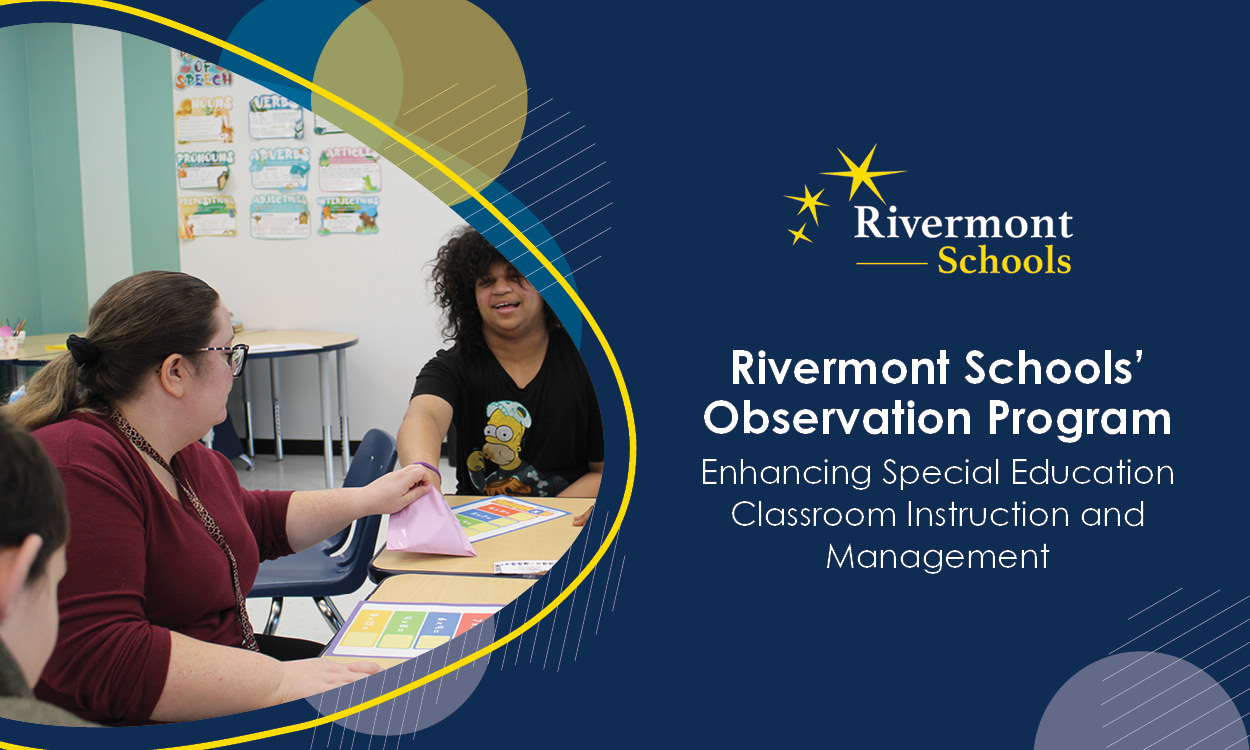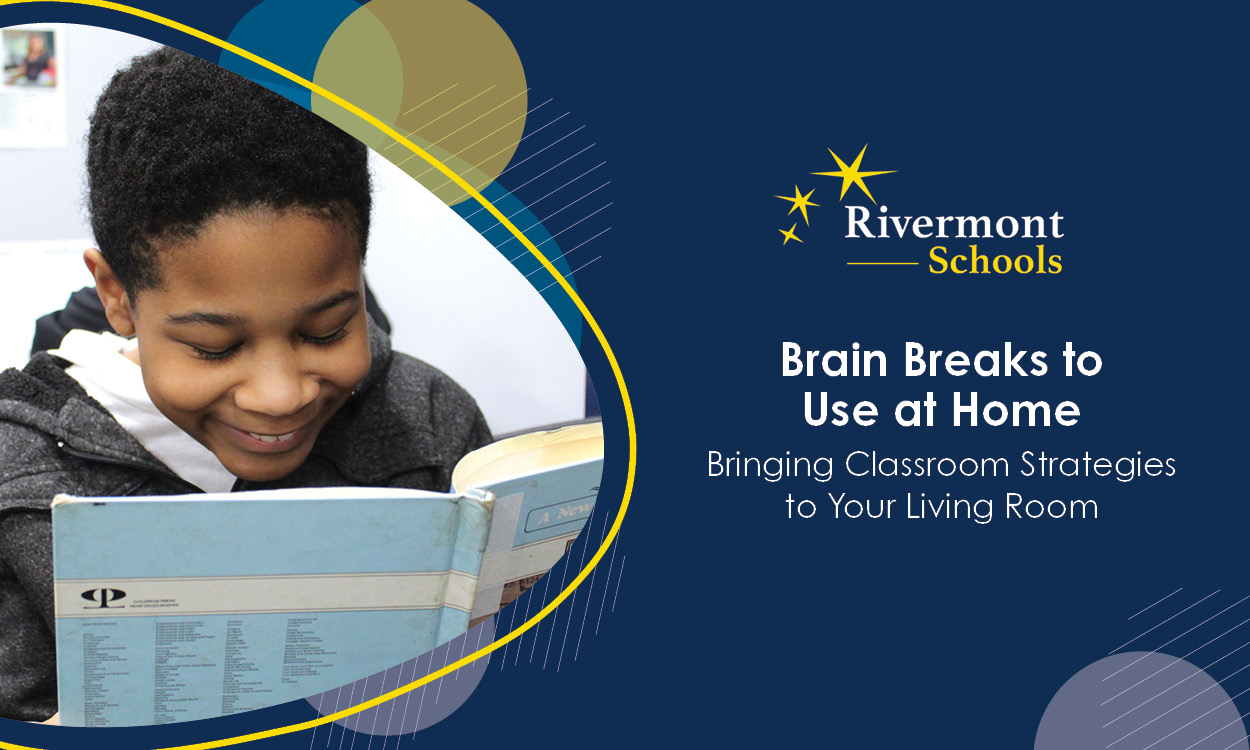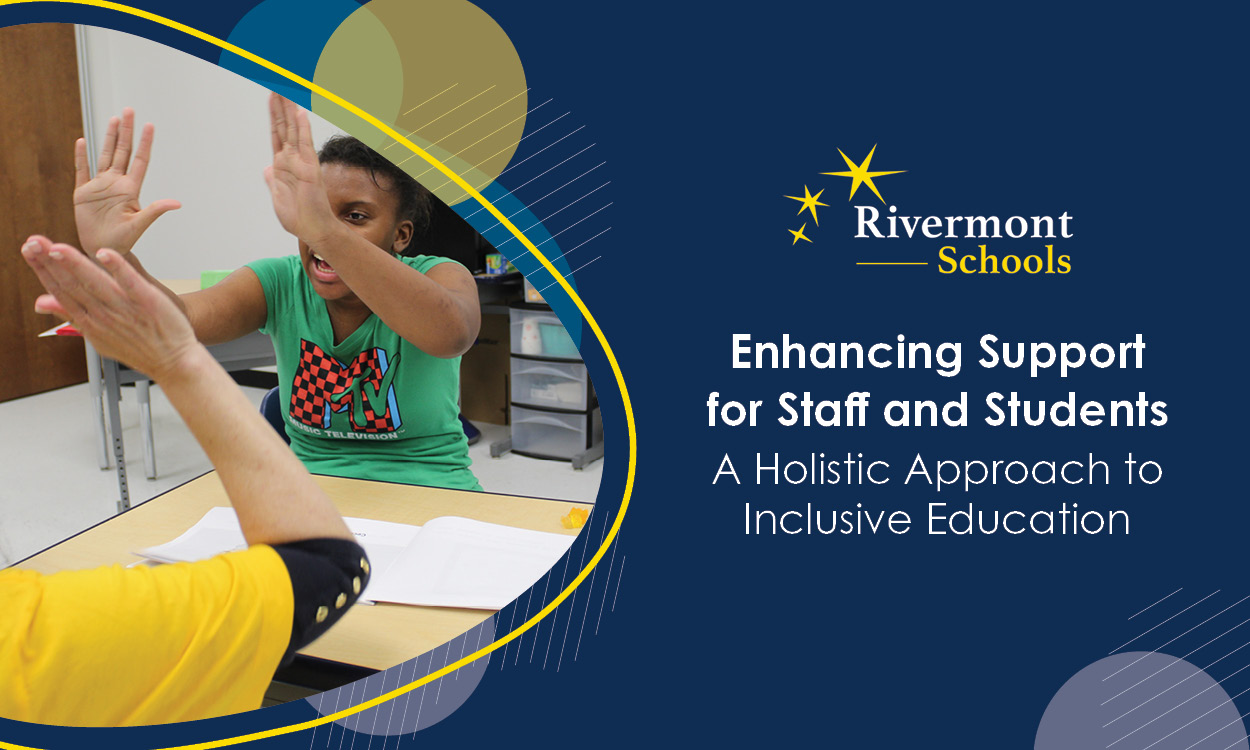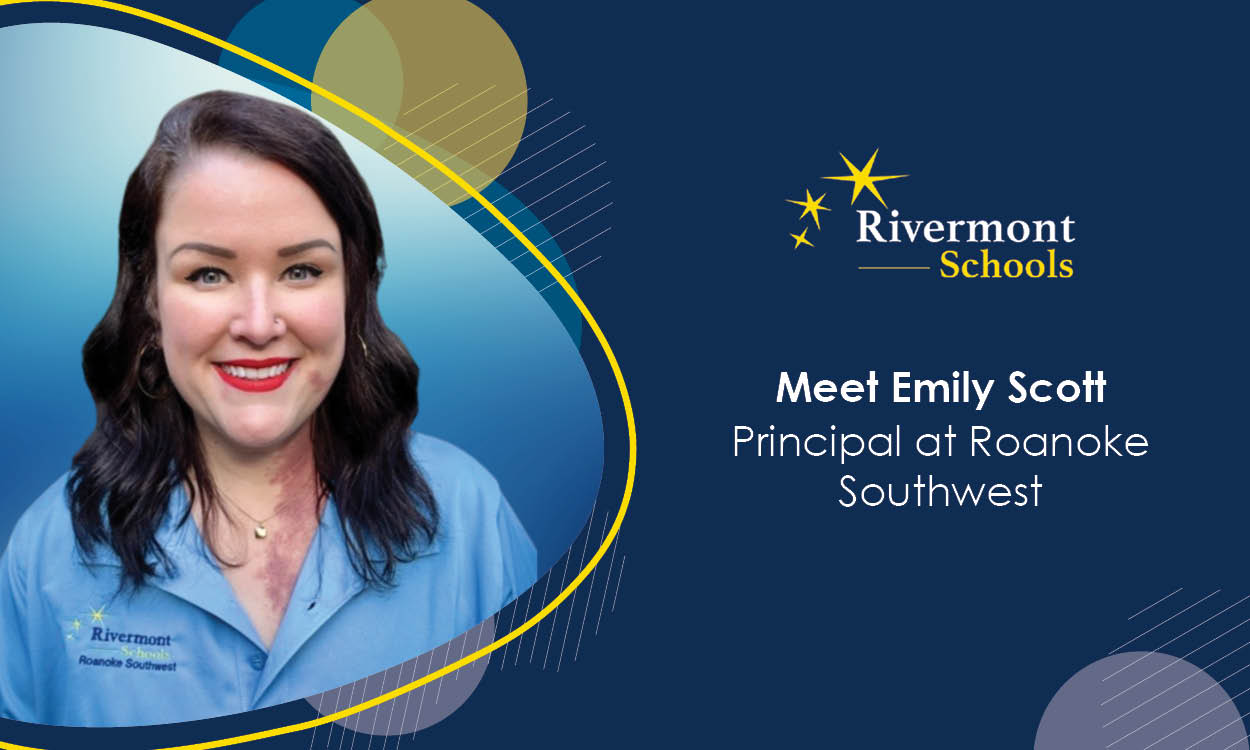Rivermont Schools' Observation Program: Enhancing Special Education Classroom Instruction and Management
Posted: October 10, 2024 | Written By: Sharmin Hossain | Category: Support for Educators

By Dr. Jackie Walker, Director of Curriculum, Instruction and Assessment, Rivermont Schools
At Rivermont Schools, we believe that effective teaching is a dynamic process that evolves with the needs of students and educators. Our comprehensive observation program is designed to support special education teachers in using observation as a powerful tool to enhance classroom instruction and management. Under the leadership of Dr. Jackie Walker, our Director of Curriculum, Instruction, and Assessment (CIA), this program provides structured support to foster growth, ensure accountability, and ultimately improve student learning outcomes.
The Role and Importance of Observation
Classroom observation is an essential component of teacher evaluation, offering a direct way to assess and improve teaching practices. Unlike other measures that can sometimes lack clarity, classroom observations provide immediate, actionable feedback that teachers can use to enhance their instruction. According to educational researchers, classroom observations have the potential to offer a more holistic view of teacher performance. They allow teachers to receive timely feedback, guiding them in identifying specific areas for improvement.
At Rivermont Schools, we recognize the importance of using classroom observations not just for evaluation, but also as a developmental tool to foster a culture of continuous improvement. Our structured approach provides teachers with constructive feedback and actionable strategies, empowering them to make informed changes to their instruction while refining their methods and classroom management techniques. Teachers who may need additional support are placed on a coaching cycle, where our specialized Level 2 coaches, trained through dedicated cohorts, work closely with them to model effective practices and guide them in implementing new strategies. This ensures that teachers are not only meeting standards but are also continually growing in their practice.
Structured Observation Process
Our observation process is built around three key components: pre-observation, observation, and post-observation. This structured approach ensures that teachers receive comprehensive feedback, enabling them to refine their instructional strategies effectively.
- Pre-Observation: Teachers begin by completing a form that details the subject to be observed, the lesson plan, and learning objectives. This step includes a discussion with the observer, where expectations are clarified, and any questions are addressed. This preparation ensures that teachers are well-equipped to deliver effective instruction during observation.
- Observation: During the observation, the observer uses a standardized tool to document evidence of instructional practices, classroom management, and student engagement. This tool helps capture the nuances of teaching, allowing for a detailed evaluation that informs the feedback process.
- Post-Observation: After the observation, the observer and teacher meet to discuss the findings. This meeting focuses on identifying strengths and areas for improvement, with a clear plan for how the teacher can enhance their practice. The feedback is constructive, offering teachers tangible resources and strategies to implement in their future lessons.
Standardizing Excellence Across Schools
Before implementing this streamlined observation program, Rivermont Schools used various tools and methods to meet the Virginia Department of Education's requirements for teacher observations. Our new system ensures a consistent, high-quality approach to observations, providing teachers with clear expectations and a unified framework for professional growth. This standardization helps us maintain a consistent level of instructional quality across all our campuses, ensuring that every teacher receives fair and constructive feedback.
Enhancing Student Learning Outcomes
At the core of our observation program is the belief that teacher success directly impacts student success. By equipping our educators with the tools and support they need, we create a positive ripple effect in our classrooms. Effective instruction and classroom management lead to more engaging and supportive learning environments, which in turn promote better student outcomes.
Our program is complemented by diagnostic assessments, like the STAR Assessment, which provide valuable data on where students stand in reading and math. This information helps teachers tailor their instruction to meet each student’s unique needs, ensuring that our approach to teaching is both individualized and effective.
A Continuous Journey of Improvement
Rivermont Schools' observation program is part of our ongoing commitment to educator support. By continually refining our processes and incorporating feedback from teachers and administrators, we strive to create an environment where every teacher feels equipped to provide the highest quality education. Through structured observation, coaching, and professional development, we are building a program where every teacher can thrive, and every student can achieve their fullest potential.
Learn more about how Rivermont Schools is enhancing the support for students and staff through a holistic, inclusive approach to education here.









